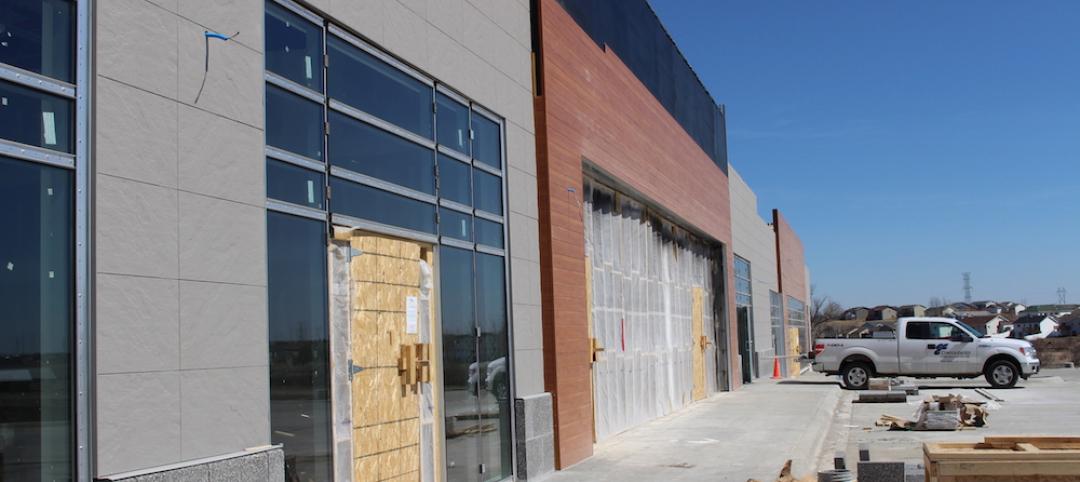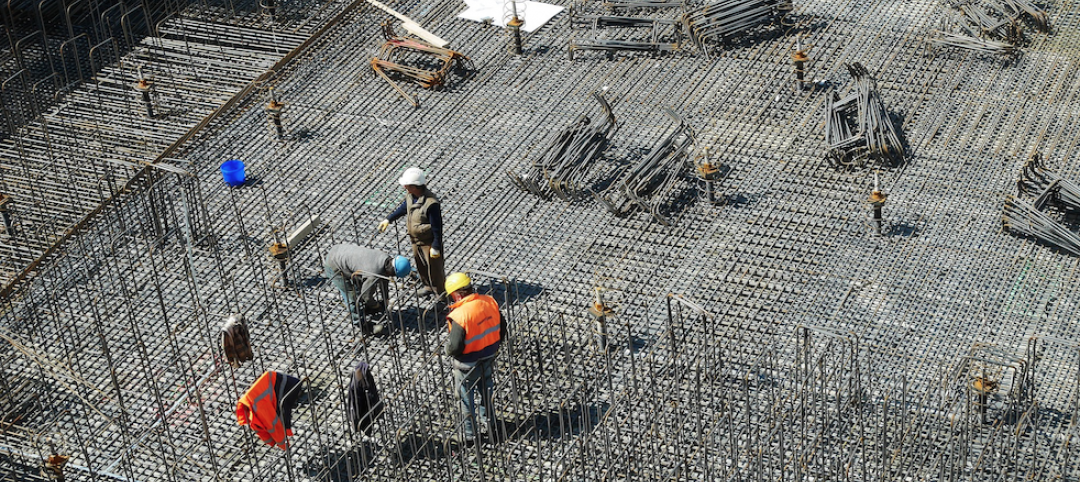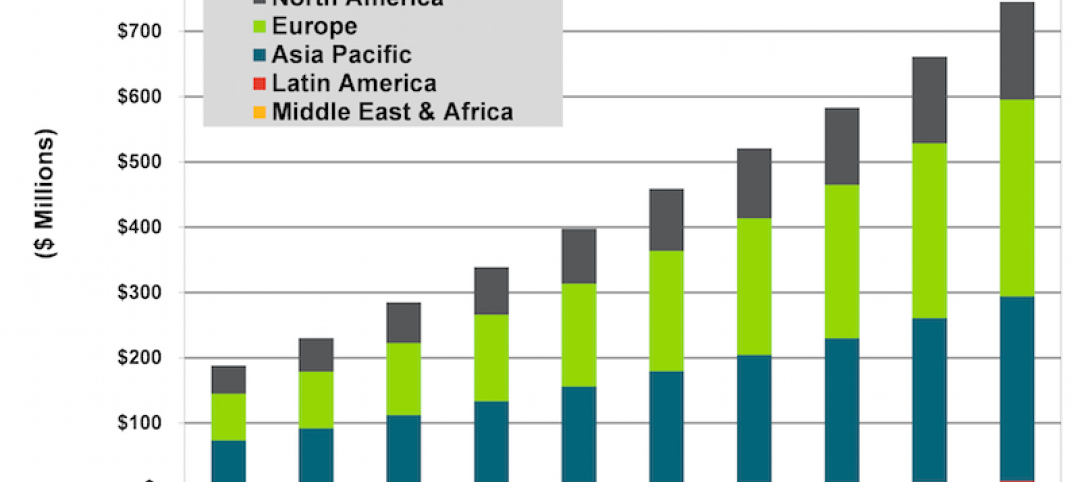In the second quarter of 2021, analysts at Lodging Econometrics (LE) report that the top franchise companies with the largest construction pipelines are: Marriott International with 1,301 projects/170,847 rooms, Hilton Worldwide with 1,216 projects/139,172 rooms, and InterContinental Hotels Group (IHG) with 777 projects/78,929 rooms. Development projects with these three franchise companies comprise 69% of all projects in the total construction pipeline.
The largest brands for each of these companies are Marriott’s Fairfield Inn with 257 projects/25,051 rooms, Hilton’s Home2 Suites by Hilton, with 379 projects/39,584 rooms and IHG’s Holiday Inn Express with 303 projects/29,055 rooms. These three brands make up 20% of the total construction pipeline rooms in the U.S.
Other high-volume brands in the pipeline for each of these franchises are Marriott’s TownePlace Suites with 198 projects/19,422 rooms and Residence Inn with 189 projects/23,493 rooms; Hilton’s Hampton by Hilton with 269 projects/28,071 rooms and Tru by Hilton with 235 projects/22,521 rooms; and IHG’s Avid Hotel with 157 projects/13,842 rooms and Staybridge Suites with 122 projects/12,607 rooms.
In the second quarter of 2021, LE recorded 583 conversion projects/63,807 rooms. Of these conversion totals, Best Western leads with 116 conversion projects/10,289 rooms, accounting for 20% of the conversion pipeline by projects. Following Best Western is Choice Hotels, Marriott International, and Hilton Worldwide. Best Western and these three franchise companies combined account for 61% of all the rooms in the conversion pipeline across the United States.
472 new hotels with 59,034 rooms opened across the United States during the first half of 2021. Marriott, Hilton, and IHG collectively opened 74% of the hotels. Marriott opened 152 hotels with 20,416 rooms, Hilton opened 125 hotels/16,970 rooms, and IHG opened 72 hotels/7,249 rooms.
Related Stories
Market Data | Jun 14, 2016
Transwestern: Market fundamentals and global stimulus driving economic growth
A new report from commercial real estate firm Transwestern indicates steady progress for the U.S. economy. Consistent job gains, wage growth, and consumer spending have offset declining corporate profits, and global stimulus plans appear to be effective.
Market Data | Jun 7, 2016
Global construction disputes took longer to resolve in 2015
The good news: the length and value of disputes in the U.S. fell last year, according to latest Arcadis report.
Market Data | Jun 3, 2016
JLL report: Retail renovation drives construction growth in 2016
Retail construction projects were up nearly 25% year-over-year, and the industrial and office construction sectors fared well, too. Economic uncertainty looms over everything, however.
Market Data | Jun 2, 2016
ABC: Nonresidential construction spending down in April
Lower building material prices, a sluggish U.S. economy, and hesitation among private developers all factor into the 2.1% drop.
Market Data | May 20, 2016
Report: Urban area population growth slows
Older Millennials are looking to buy homes and move away to more affordable suburbs and exurbs.
Market Data | May 17, 2016
Modest growth for AIA’s Architecture Billings Index in April
The American Institute of Architects reported the April ABI score was 50.6, down from the mark of 51.9 in the previous month. This score still reflects an increase in design services.
Market Data | Apr 29, 2016
ABC: Quarterly GDP growth slowest in two years
Bureau of Economic Analysis data indicates that the U.S. output is barely growing and that nonresidential investment is down.
Market Data | Apr 20, 2016
AIA: Architecture Billings Index ends first quarter on upswing
The multi-family residential sector fared the best. The Midwest was the only U.S. region that didn't see an increase in billings.
Building Technology | Apr 11, 2016
A nascent commercial wireless sensor market is poised to ascend in the next decade
Europe and Asia will propel that growth, according to a new report from Navigant.
Industry Research | Apr 7, 2016
CBRE provides latest insight into healthcare real estate investors’ strategies
Survey respondents are targeting smaller acquisitions, at a time when market cap rates are narrowing for different product types.

















